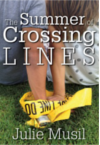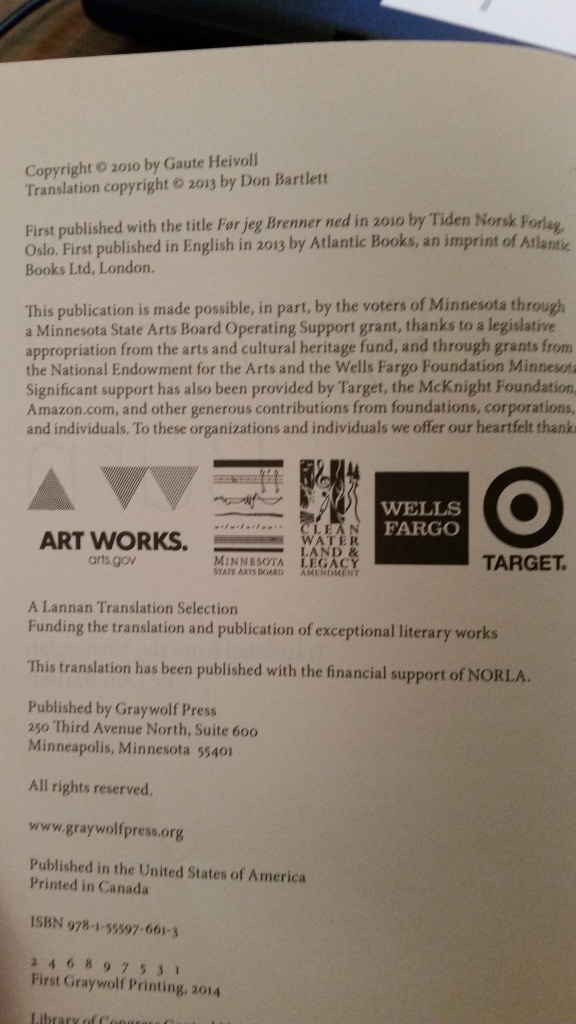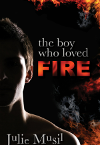by Julie Musil, @JulieMusil
As I plotted my latest release, The Summer of Crossing Lines, I decided to give the main character a stutter. She’d be forced to do some dangerous and questionable things, and I wanted the character to have an extra layer of fear and frustration. My goal was to make this character believable, and to be respectful to people who stutter.
But…I had no experience with stuttering. Lots of research was in order.
If you’re writing about an unfamiliar issue, here are four steps you can take to get it right:
- Visit blogs or online diaries. Simply Google your “issue.” One of the most personal aspects of my research involved reading through personal blogs and online diaries of folks who stutter. It gave me profound respect for them and their bravery. It also gave me insight into their personal fears and frustrations. I was able to channel their turmoil when it came to inner dialog. I got a real feel for their view on life and their condition, and how they view the people and the world around them. It also gave me a peek at their lingo.
- Research the organizations dedicated to the issue. I spent a lot of time on The Stuttering Foundation web site. They had pages for parents, teens, adults, teachers, etc. This web site gave me a lot of helpful information, including when stuttering develops, what causes it, and ways to cope. It also lists famous people who stutter, including John Stossel, Carly Simon, and the late Marilyn Monroe. I learned that the stutter tends to disappear when the speaker talks quietly, or if they’re acting as a different character–which helped with dialog. Bits of this research made it into my novel.
- Read fiction with characters who have the same issue. I searched Amazon for YA stories with a protagonist who stutters. Surprisingly, there weren’t many, which made me realize there was an opening I could fill. I read Tending to Grace, which was a great story. It taught me how to expand on my research and handle technical issues, like how to write a stutter. When we read similar books, we learn how other authors have handled the same situation.
- Interview someone with experience. It’s amazing how personal stories can form our perspective. Whatever issue you’re writing about, chances are there’s someone out there who’s willing to share their experiences with you. These experiences can give a glimpse into their world, much like the blogs or online diaries.
Whatever issue we write about, there are plenty of resources available for research. The folks who live with these issues deserve accuracy, respect, and empathy. It’s our job to get it right.
Have you stuttered, or do you know someone else who does? Have you ever written about an unfamiliar issue? What was it? How did you make sure you wrote with accuracy? Any tips you’d like to add?
Julie Musil writes from her rural home in Southern California, where she lives with her husband and three sons. She’s an obsessive reader who loves stories that grab the heart and won’t let go. Her Young Adult novels, The Summer of Crossing Lines and The Boy Who Loved Fire, are available now. For more information, or to stop by an say Hi, please visit Julie on her blog, on Twitter, and on Facebook.



 e picture to the right. It startled me because I’d never seen a sponsorship before (even one like this, which is sort of indirect). I wasn’t sure what to make of it. Have y’all seen this type of thing before? It distracted me, but I don’t know if it distracted me only because I’m a writer and noticed it. And I wondered…what if writers were being offered corporate underwriting or sponsorship directly? Would it have an effect on your content? Is this something we might be hearing more about?
e picture to the right. It startled me because I’d never seen a sponsorship before (even one like this, which is sort of indirect). I wasn’t sure what to make of it. Have y’all seen this type of thing before? It distracted me, but I don’t know if it distracted me only because I’m a writer and noticed it. And I wondered…what if writers were being offered corporate underwriting or sponsorship directly? Would it have an effect on your content? Is this something we might be hearing more about?

